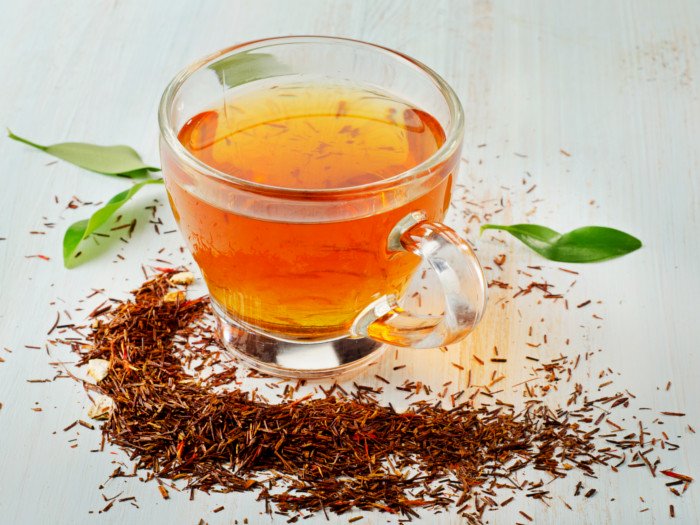Two female scientists from the South African Medical Research Council (SAMRC) have been lauded for their contribution to Rooibos by the South African Rooibos Council (SARC).
Both from the SAMRC’s Biomedical Research and Innovation Platform (BRIP), Drs Rabia Johnson, Principal Investigator and Senior Specialist Scientist and Sylvia Riedel-van Heerden, Principal Investigator and a Senior Scientist, were among the list of female scientists honored by the SARC for their invaluable contribution to the industry.
This comes in the wake of the International Day of Women and Girls in Science (11 February) – a day set aside to promote full and equal access to and participation in science for women and girls. It also aims to highlight science and gender equality as vital for the achievement of internationally agreed sustainable development goals and hopes to inspire young girls to pursue a career in science.
According to the SA Rooibos Council, while women account for less than 30% of researchers worldwide, female scientists have been at the forefront of researching Rooibos – one of the country’s most treasured natural resources. Furthermore, the Rooibos Council says, since the industry actively started to pursue research into Rooibos, it has involved more than 40 women scientists from South Africa, France, the Netherlands, Germany, Japan and Taiwan. Today, largely due to the vast amount of research that underpins its health claims, Rooibos has become a sought-after commodity both locally and abroad and is exported to more than 30 countries.
In her research journey, Dr Rabia Johnson proved that Rooibos helps the heart to function better by decreasing oxidative stress, fatty acids and bad cholesterol while increasing good cholesterol.
When Johnson’s work on rooibos started in 2011, little did she know that today she’ll be hailed as one of the leading contributors to the in the field. At the time she had 1 MSc student and together they hoped to attain a better understanding of the cardiovascular benefits of rooibos. Fast forward to 2020, today her studies have shown that the antioxidant potential of Rooibos can reduce cell death, which occurs more rapidly when chronic disease such as cardiovascular disease or diabetes is present, while keeping vital organs healthy.
“My advice to the next generation of female scientists is to seize every opportunity and make the best of it. Try to be both a pioneer and role model.” – said Johnson.
Having been involved with rooibos research for about ten years, Dr Sylvia Riedel-van Heerden on the other hand is on a quest to investigate the role that Rooibos can play in reducing inflammation in type 2 diabetes. The aim of her research is to characterise additional health benefits for rooibos that have not yet been investigated.
“Female scientists often have to work twice as hard to balance family responsibilities and advancing their career path. My advice to female scientists is that perseverance and hard work will eventually pay off.” – said Riedel-van Heerden
Current projects include:
- Identification of novel drug targets and biomarkers for the early onset of diabetic cardiomyopathy.
- The role personal medicine in uncontrolled hypertension.
- Role of chronic inflammation in type 2 diabetes.

